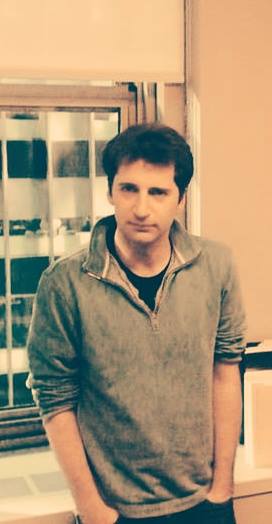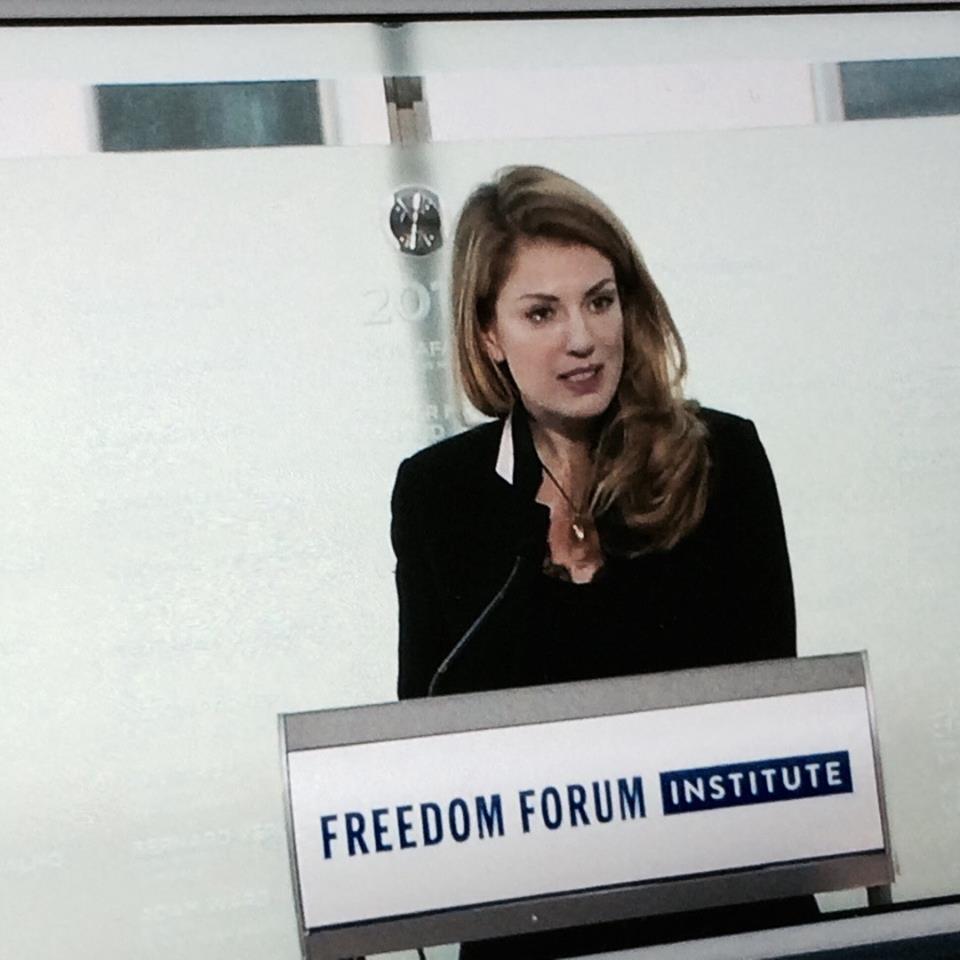“When I first started out in journalism, I was very young, and foolish, it didn’t occur to me at all that I was getting into a dangerous profession,” said Holly Williams, CBS News’ foreign news correspondent. She was asked to deliver the keynote address. “Very quickly I came to understand that journalism was something that could anger people.
“I wish I could say that every time a journalist loses their life that something fundamentally changes, that journalism becomes safer. If they were targeted, then those who targeted them are brought to justice. We all know that is not true. Because journalism – good journalism – is sunlight in a world that is often very dark. It [represents] a threat to the people who want [to keep] darkness,” Williams added.
Some of the slain reporters included two Mexican journalists killed following their investigations of drug cartels in the country. Javier Valdez, the founder of weekly newspaper Riodoce and a longtime AFP contributor, was shot outside his offices. Miroslava Breach, a veteran crime and politics reporter, was found dead inside her car with gunshot wounds to the head.
Kim Wall, a freelance reporter, was killed by Peter Madsen, an eccentric Danish submarine inventor. Madsen was convicted of murder in April, and sentenced to life in prison. Wall’s dismembered body was found off the coast of Copenhagen last August. Prosecutors said that during a trip on his private submarine, Wall was bound, sexually assaulted, before being either strangled and had her throat cut. Her severed body was tossed into the sea.
Wall had been a Columbia Journalism School graduate reporting in Kenya, Uganda, Cuba, and elsewhere, and her voluminous work had been published in New York Times, Guardian, Foreign Policy, among many other outlets. “Please don’t remember her as the murdered Swedish journalist, remember her work,” one of her friends eulogized her at Columbia University last October.
Maltese investigative journalist Daphne Caruana Galizia, who was killed by a car bomb last October after exposing widespread corruption by officials, also was remembered on Monday.
Christopher Allen, a 26-year-old US freelancer was shot in the head during a battle between the South Sudanese army and rebels but government officials claimed he was not targeted.
“Our son practiced a style of journalism that sought to bear witness to conflict, rather than the collateral damage left in its wake,” Allen’s mother said as the Newseum commemoration was drawing to a close. “Chris went to Ukraine, to Maidan Square to witness history in the making. There he began to see conflict as more complex than border disputes; rather the place where religion, culture, ideology and hopes were intertwined,” she said.
Allen’s death in South Sudan is still shrouded in mystery.
“We know that truth seeking is often perceived as a threat to the established order; those who seek it sometimes pay with their lives. We have yet to find out the truth of our son’s death in South Sudan due to the obstacles put into place by the South Sudanese government. We are honored that Chris is named with your beloved,” she concluded.
Others listed on the memorial included Mohamed Abazied, Shifa Gardi, Arkan Sharifi, Stephane Villeneuve, Veronique Robert, Sudip Dutta Bhaumik, Gauri Lankesh and Nikolai Andrushchenko, among others.
On Monday, the Newseum blacked out its Today Front Pages exhibit as part of its annual #WithoutNews campaign. This social media initiative is meant to consider what the world would be like without intrepid journalists – such as those remembered on Monday- who relentlessly report on the news in the most dangerous hotspots all over the world. It is also an effort to raise awareness of the various threats they confront each and every day.


